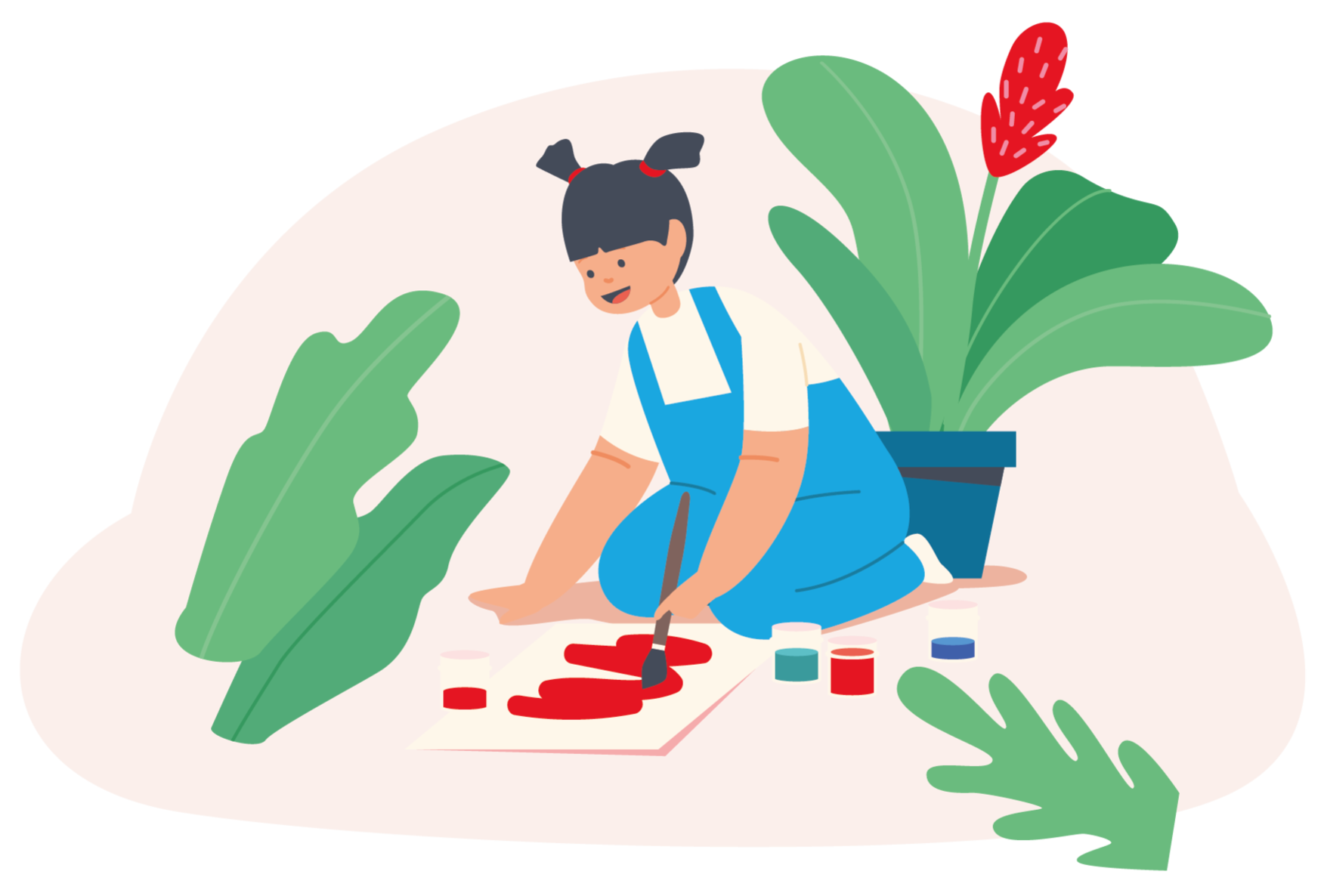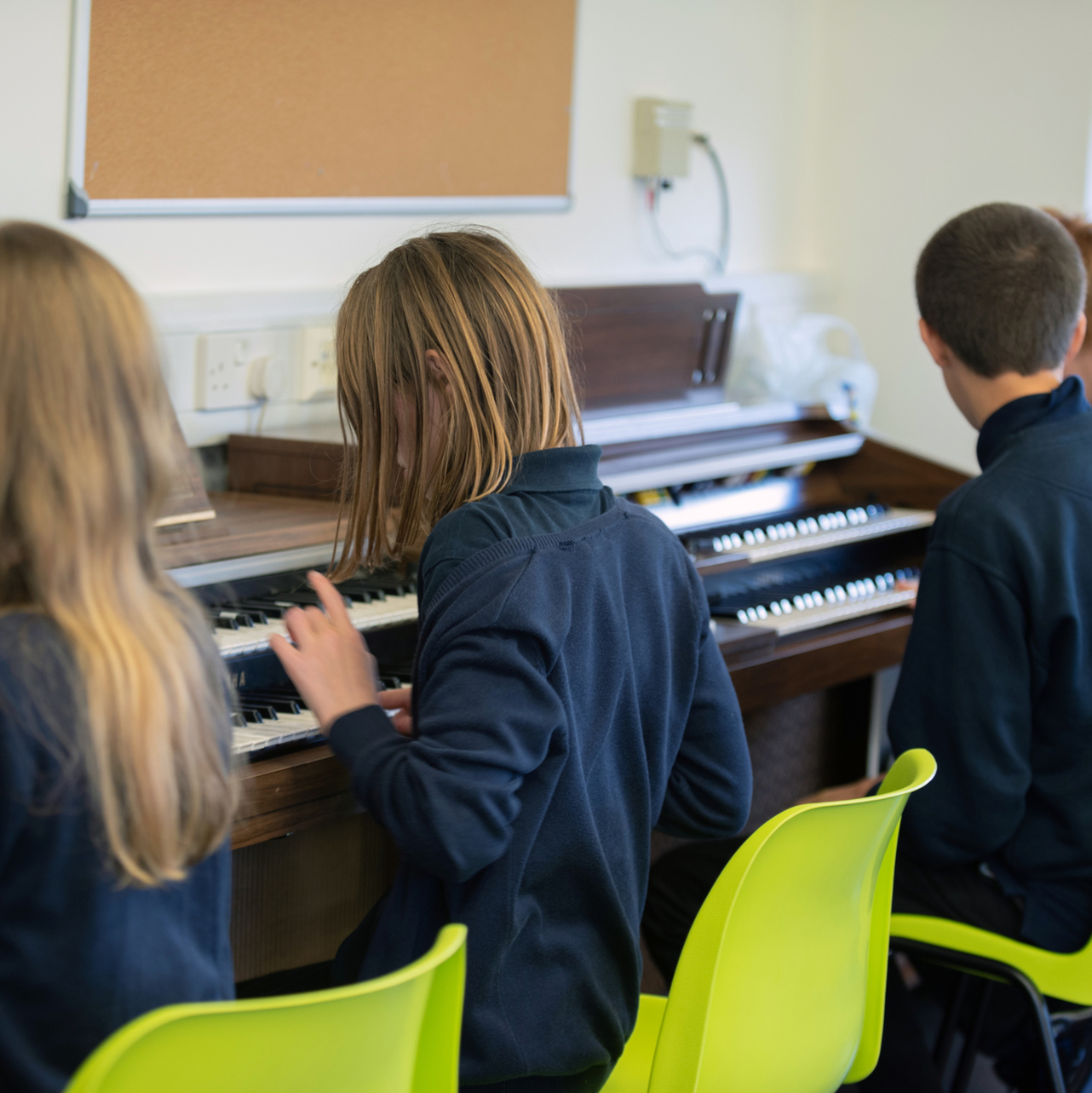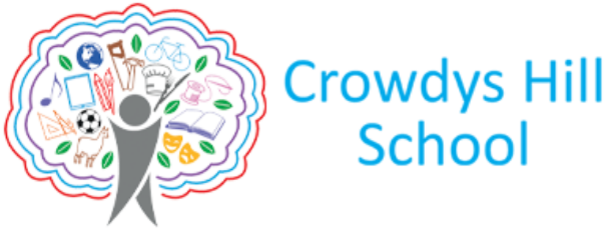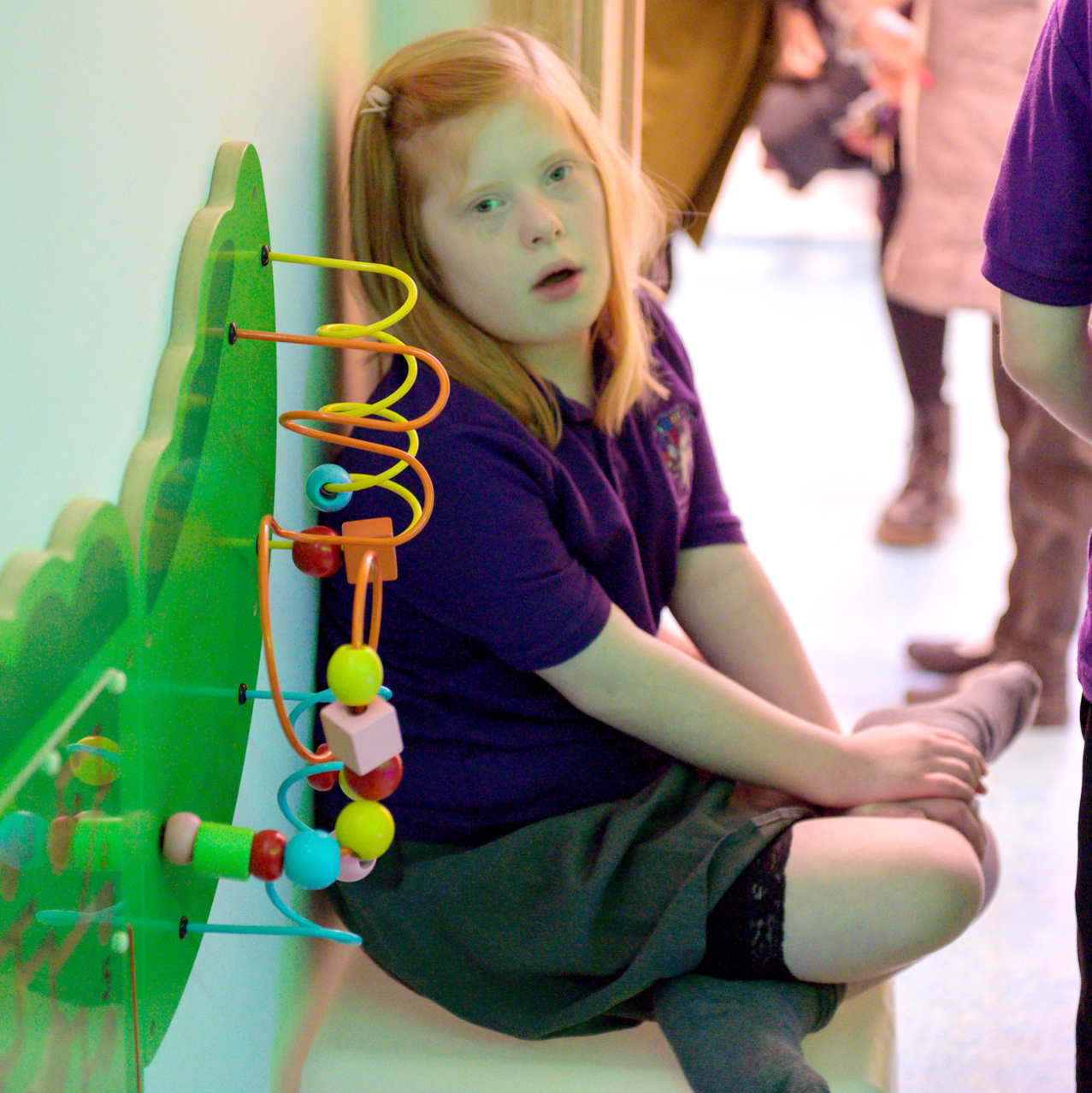Primary Curriculum
We provide a broad range of national curriculum subjects, from primary phase to sixth form. We also offer a wide range of opportunities, outside of the national curriculum, to develop self-esteem, engagement and independent learning. Our ethos throughout is to develop strong minded, independent citizens. With this in mind, we offer a variety of subjects where social skills, life skills and independent skills are embedded. We give pupils opportunities to achieve the ‘Learning for life’ aims, which we feel will set our pupils up for a good life.
....
Learning for Life
Our curriculum is rich in experiences, positive learning, building the feeling of self-worth in our pupils, and developing the love of learning.
At the heart of this learning is communication skills. We understand that the best way to ensure that our pupils feel part of their community, whether in school, home or in the world, is to promote their ability to communicate effectively to the best of their abilities.


Who teaches this curriculum?
In the primary phase the staff to pupil ratios are higher, as we are just beginning to build independence. On average classes have ratios of 1:2 at key stage 1, and 1:3 at key stage 2.
In the secondary phase, as a pupil’s learning engagement and independence skills are improving, the staffing ratios change to 1:5 on average. Tutors get to know their pupils very well. In primary phases, the tutors usually have their tutees for two years. They will teach them for most lessons.
How does the curriculum differ from mainstream schools?
Whilst we follow the national frameworks from year 1 to year 14, they are highly adapted and differentiated to meet the needs of our pupils. We understand that our pupils learn key concepts at different points in their life, which may not follow the age expected trend. We ensure that all of our pupils can access all areas of the curriculum through adaptations to content, resources, and experienced SEN trained staffing. So whilst a pupil’s timetable may look similar to a mainstream one, within that are many opportunities for pupils to acquire new skills, succeed in education; and, most importantly for any child, to build resilience. We have a focus on communication skills, and developing their abilities to socialize as a priority.

The Arts
At Crowdys Hill School, we fully value creativity and we help it grow, individually, in each of our learners and teachers, across all the phases.
With every person being unique, we find ways and give time for each individual to learn and grow the creativity within them. As a human it is of upmost importance to express ourselves.
At Crowdys Hill School, we teach and grow this, so that each of our learners can live a healthy life inside and out. We teach art, drama and music, in groups through practical experience and hands on learning, so that each individual can express themselves creatively and honestly through whichever artistic form they wish, to become the most authentic and best self that they can be.
English/Phonics
Language and communication skills are essential for all our pupils, and we recognise that the skills developed in English promote learning across the curriculum. We aim for our pupils to be able to express themselves creatively and imaginatively, and to communicate effectively both verbally and non-verbally with others in a range of social situations, appropriate to their levels and needs.
We teach pupils the skills they need to communicate in ways relevant to their individual needs, developing their skills in communication, reading and writing. Cross-curricular themes have been developed to incorporate National Curriculum objectives whilst meeting the individual learning styles of our pupils. Phonics also forms an important part of the literacy curriculum.
Using the Twinkl phonic SRP programme phonics are delivered in discrete sessions where appropriate. Students’ phonics levels are monitored every term to ensure progress is on track and that sessions are relevant and targeted.
Where appropriate, pupils have a reading book and a reading diary recording when they are heard reading. Pupils are encouraged to take home their reading books and reading records each day.
The See and Learn programme by Downsed is available for use with pupils who need to develop their vocabulary, speech sounds and learn to combine words into longer sentences. Social sight words are taught to support the development of functional literacy.
Careers and PSHE
Our school has a critical role to play in preparing our young people for the next stage of their education or training and beyond. Our expectations are high, so every student is challenged appropriately and acquires the skills, knowledge and attitude for lifelong learning and that employer’s value.
We recognise that an effective careers programme contributes to raising aspirations, improving motivation and overcoming barriers to success. Our careers programme is designed to help every young person to realise their potential and enhance their employability. They will learn the skills necessary to navigate and manage their own careers and contribute to the well-being of themselves their families and the wider community. Students will have raised aspirations, have gained experience of meeting employers and workplace environments, be more adaptable and resilient and therefore be able to make more well informed decisions about their transition pathways.
Cookery
Cookery at Crowdys Hill School is tailored to be a vibrant, varied, multi-cultural and inclusive subject. Our aim is to equip the children with the skills and knowledge to be able to prepare and cook food for themselves. Food tasting to expand their experiences is offered. The environment in the kitchen is relaxed to encourage enjoyment in cooking food they can share with their families. They learn about nutrition so they are able to make informed choices about their diet. In Year 11 there is the option to take an industry recognised qualification so all their hard work is recorded. In sixth from students can opt to further develop their skills and knowledge by taking Hospitality and Catering. A nationally recognised qualification, the course provides opportunities to develop a range of techniques, skills and personal attributes essential for successful performance at higher vocational qualifications or in working life.
Maths
We teach and promote the learning of Maths to ensure all pupils see an everyday use for the learning that happens in lessons. It’s important we develop confidence to use Maths in everyday life within the community using problem solving and reasoning for everyday tasks.
Visits, simulations and other practical activities where students can practice and apply their knowledge are an essential way we help pupils become more confident by improving memory of their number skills.
Staff will build on the children’s individual prior knowledge, developing a sense of number using a broad and practical curriculum where mathematical concepts are revised and revisited throughout the year.
Humanities
We teach humanities through six projects throughout the year. All year groups from EYFS to Year 11 will explore the same projects. Terms 1, 3 and 5 will focus on Geography while terms 2, 4 and 6 will explore history.
In Geography, children will explore local areas, different countries, cultures and map skills. In history they will explore how they are making history and their family’s part in it, a variety of different historical figures and different conflicts that have shaped the World we live in.
The projects are broad terms to allow for the teaching and learning to be individualised for every child and their needs. There is lots of repetition allowing for revisiting and consolidation. The humanities scheme of work has been sequenced following elements of the national curriculum and Crowdys Hill Learning for life skills. By having humanities embedded within project it allows for cross-curricular learning and further consolidation of skills and knowledge.
Humanities help children to investigate and explore the World around them as well as develop their own way of seeing the world, where they belong in it and own identities. It gives them an opportunity to examine different cultures, democracy and rules. It further allows them to develop an understanding of concepts such as time, space and faith while using critical and creative thinking.
Projects
Term 1 - World around us
Term 2 - Ourselves and our family
Term 3 - People of the World
Term 4 - Important people
Term 5 - Out and about
Term 6 - Cause and consequence
Physical Education
Every pupil within Crowdys Hill school will be provided with access to one to two hours of high-quality Physical Education led by confident, well qualified coaches/teachers.
At all key stages pupils will experience activities from each of the 6 key areas of the National Curriculum i.e. Gymnastics, Team games, Dance Outdoor and Adventurous activities, Athletics and Swimming. All activities follow progressive and sequential schemes of work and align with a clear assessment system. Lessons are mostly practical with some theory elements which increase in KS4 and 5 where there are opportunities for accreditation.
Pupils have regular opportunities to take part in intra school competitions, have access to some extra-curricular clubs and increasing opportunities will be sought for inter school competition. PE has a heightening profile within the school with success being celebrated and everyone having the opportunity to experience success.
Our aim is to help each student achieve their physical potential and gain a love for physical activity which will contribute to their ongoing healthy, active lifestyle.
Science
We teach science from early years , through exploring the world around them, to year 11. Science themes continue into Sixth Form as functional concepts linked to their PSHE and vocational courses, such as leisure, sports, hospitality and health and social care.
The science is focused on individual needs, and sequenced through linking to national curriculum. There is a lot of repetition, which gives staff the opportunity to fill in gaps in learning, and for the children to consolidate and build upon their learning.
Science is presented as written work, laboratory work, investigations, outdoor learning and discussions. Educational support is used to ensure all can access.
The aim is for children and young people to have a curiosity and interest in the world around them, and have some understanding of the way things work.

If you have any questions about our school's values and ethos, please don't hesitate to contact us.



